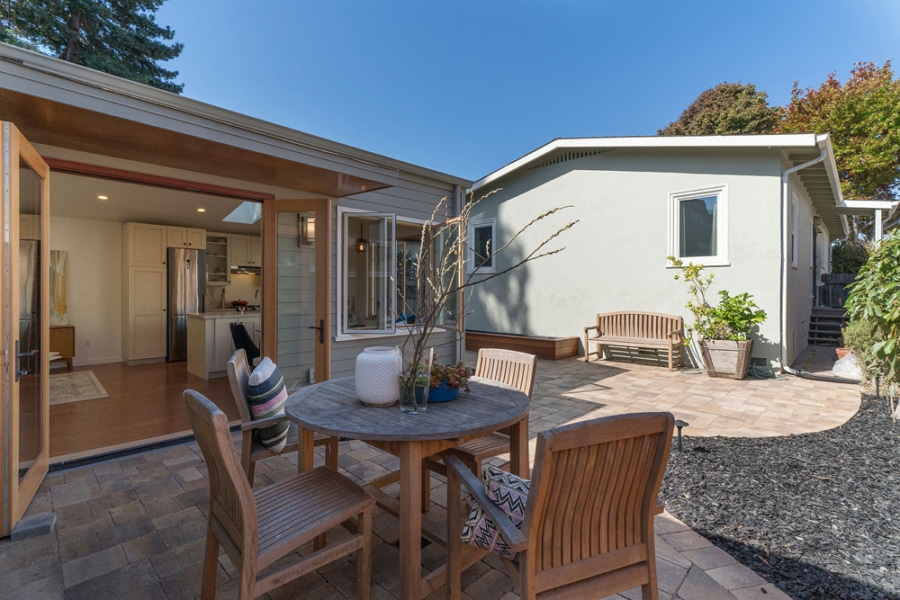
Balancing tourism and housing: Innovative approaches in Provincetown, MA; Big Sky, MT; Moab, UT; and Frisco, CO
Tourist destinations like Provincetown, MA; Big Sky, MT; Moab, UT; and Frisco, CO, face significant housing challenges due to high demand for short-term rentals, second homes, and seasonal worker accommodations. Rising housing costs and limited availability make it difficult for local workers to find affordable housing. To address these issues, each locality has implemented unique strategies, such as short-term rental regulations, deed restrictions, impact fees, and housing trust initiatives. These policies aim to balance the needs of the tourism industry with affordable housing options for local residents and essential workers.











